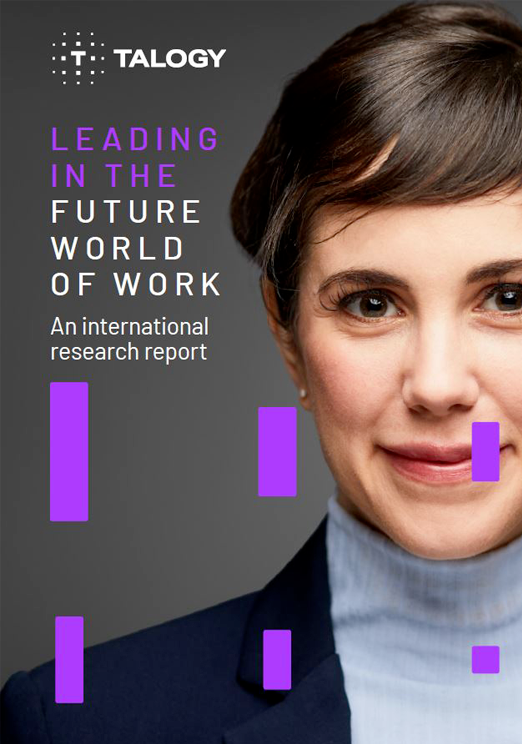For directors of Talent Management, it’s critical to bring in talent that aligns with strategy, business initiatives, and company culture. Despite these efforts, not every applicant turns into an All-Star.
Enter executive coaching.
Executive coaching, through a trusted talent-management partner, supports change and goal attainment by helping participants understand their individual management styles and how they can work more effectively within the company’s culture.
Melinda Kennedy, Organizational Development Consultant with Caliper, recently sat down with me to shine more light on the subject…
Q: Why should executive coaching be on a manager’s radar today?
A: It’s a huge need for many different reasons. There’s a stigma that coaching is only reserved for those with performance issues, but that isn’t the case. This is also an opportunity to help top performers enhance their skill set.
Q: How do you position coaching to overcome that stigma?
A: Quite often, it’s been looked at as ‘Hey, let’s bring someone in to make the employee better.’ That isn’t the point. We’re here to figure out what’s getting in their way and what’s the barrier to success. And to either correct a performance issue or get a person to the next level in their career.
Q: What obstacles do you face as a third-party consultant?
A: The biggest obstacle is, ‘How am I going to measure success?’ Sometimes the obstacle is their manager asking ‘How do I know [the employee and the consultant] are working on something meaningful and that we’re going to see change?’
Or the employee wants to do it, but the manager is skeptical. I look at coaching as involving the manager and HR. It’s getting the manager involved from the start, having that accountability so the manager knows at a high level—without giving away the confidentiality of the coaching sessions—what that employee is working on.
Q: What is a prevalent problem often uncovered through executive coaching?
A: Without a doubt, the thing that always lands in our lap: lack of self-awareness or an inability to understand how one’s behavior impacts others.
Q: How are you impacted as a consultant when you help someone have a breakthrough?
A: I love helping them reach that ‘a-ha’ moment and understand something on a deeper level. I’ve seen it with executives regarding how they communicate and listen. Sometimes, one’s ability to pick up on body language and read between the lines is lost. Everyone is so busy; they might multi-task their way through conversations with direct reports, and it sets into play a dynamic that the executive doesn’t care. When they are truly able to understand what their behavior looks like and the impact it has on someone else, that lightbulb goes on, and they understand that a change is needed.
Q: What do you say to someone who thinks executive coaching is too expensive?
A: Is it more expensive than losing a key executive or facing the cost of turnover? Too often, we’re not willing to invest in our employees because we see it as a tactical expense when, strategically, it pays dividends later on.
Q: How do you hold people accountable?
A: You come to an agreement: ‘This is something I’m committing to do between now and the next time we speak.’ If you are talking about a challenge with a peer, between now and the next time we speak, you’re going to have a conversation with that individual. This then becomes a measurement toward the actual goal of—for example—enhancing their ability to effectively communicate cross-functionally.
Separately, I use the term ‘accountability partner.’ In addition to me, you identify someone in your organization (not your manager) to hold you accountable. We also help you develop an action plan and present it to key stakeholders, and we have them schedule concurrent meetings with their manager to make sure they’re following through. There are many checkpoints along the way.

